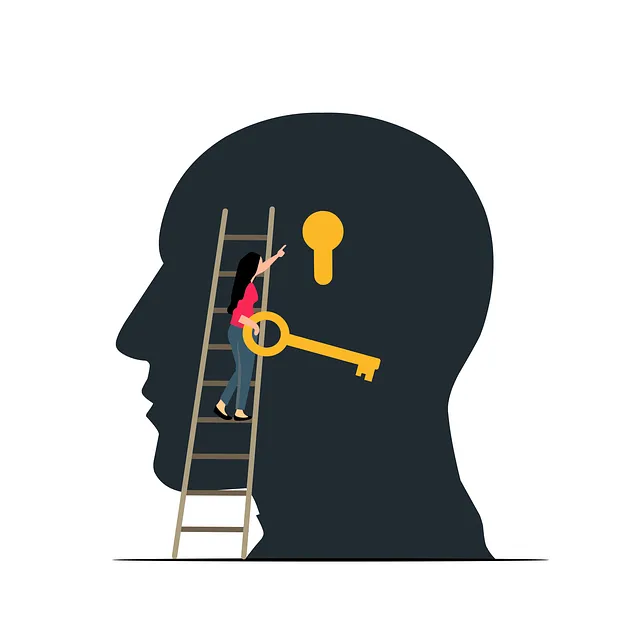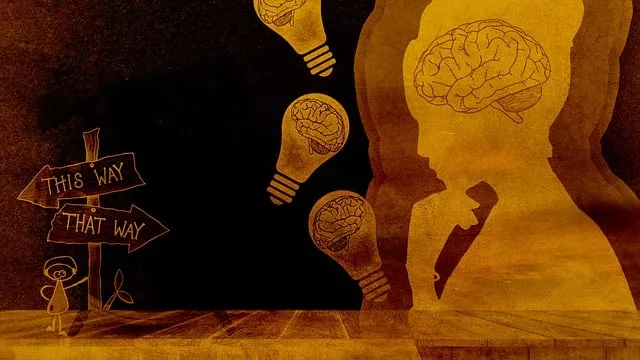Mental wellness group facilitation, a key service provided by healthcare giants like Kaiser in Westminster, offers safe and inclusive spaces for individuals with mental health challenges. Cultural competency training ensures facilitators can cater to diverse backgrounds, fostering participation and reducing stigma. This approach boosts resilience, improves well-being, and empowers individuals through tailored coping strategies. Westminster's Kaiser combines engaging activities, regular risk assessments, and affirmations to create impactful sessions, showcasing their commitment to exceptional mental health care with a unique focus on empowerment and self-care autonomy.
Mental wellness group facilitation plays a pivotal role in supporting individuals navigating mental health challenges. This article explores proven techniques for effective group sessions, delving into key strategies that foster safe and supportive environments. We compare and contrast Kaiser’s approach to mental health services with that of Westminster, shedding light on how each organization addresses community mental wellness needs. Discover practical insights into facilitating meaningful discussions and enhancing participants’ well-being in a group setting. Find out if Westminster and Kaiser offer mental health services that cater to diverse needs.
- Understanding Mental Wellness Group Facilitation
- Techniques for Effective Group Sessions
- Kaiser's Approach to Mental Health Services Compared to Westminster's
Understanding Mental Wellness Group Facilitation

Mental wellness group facilitation is a specialized skill that plays a pivotal role in supporting individuals navigating mental health challenges. It involves creating a safe and inclusive space where participants can connect, share experiences, and gain insights from one another. Facilitators, often trained professionals like those offered by healthcare providers such as Kaiser in Westminster, guide the process, fostering open dialogue and encouraging personal growth. This approach has proven effective in promoting resilience building, mental illness stigma reduction efforts, and enhancing overall well-being.
Understanding the dynamics of diverse groups is crucial for successful facilitation. Cultural competency training equips facilitators with the knowledge to address different cultural backgrounds and perspectives, ensuring everyone feels valued and heard. By incorporating inclusive practices, facilitators create an environment that encourages participation and facilitates meaningful interactions. This, in turn, empowers individuals to develop coping strategies tailored to their unique experiences, fostering a sense of community and shared understanding.
Techniques for Effective Group Sessions

Effective group facilitation requires a blend of engaging activities, inclusive environment, and structured agenda to ensure everyone’s voices are heard. At Kaiser in Westminster, mental health professionals are equipped with diverse techniques to foster meaningful discussions and promote mental health awareness. Starting sessions with icebreakers helps build rapport and comfort, encouraging participants to open up about their experiences. Facilitators should create a safe space where individuals feel valued, ensuring confidentiality and promoting positive thinking through affirmations.
Regularly incorporating interactive exercises like mindfulness activities or role-playing scenarios enhances engagement. These exercises not only break the monotony but also provide practical tools for coping with mental health challenges. Additionally, regular risk assessment for both participants and facilitators is crucial to identify potential triggers and adapt sessions accordingly. By combining these techniques, Kaiser’s mental health services in Westminster aim to create a supportive environment where individuals can navigate their mental wellness journeys effectively.
Kaiser's Approach to Mental Health Services Compared to Westminster's

While both Kaiser and Westminster offer mental health services, their approaches differ significantly. Kaiser, known for its comprehensive healthcare system, prioritizes access to care through integrated services that include therapy, medication management, and community resources. This holistic approach fosters a sense of continuous support, enabling individuals to develop self-care routines for better mental health. Conversely, Westminster focuses on empowering individuals with coping skills development and self-esteem improvement through targeted interventions and group facilitation techniques.
Westminster’s strategy encourages participants to navigate challenges collaboratively, fostering a supportive environment that enhances resilience. Unlike Kaiser’s structured system, Westminster promotes autonomy in managing mental health, emphasizing the importance of individual growth and coping strategies tailored to personal needs. This alternative approach ensures individuals gain practical tools for self-esteem improvement and effective coping skills development.
Mental wellness group facilitation plays a pivotal role in supporting individuals through collaborative healing. As we’ve explored, understanding both the nuances of this process and contrasting models like Kaiser’s and Westminster’s mental health services is essential for fostering effective group sessions. By adopting tailored techniques, facilitators can create safe spaces that encourage open dialogue, promote self-awareness, and ultimately enhance participants’ mental well-being. Whether you’re comparing comprehensive healthcare systems or specific facilitation methods, recognizing the importance of group dynamics in mental wellness is a game-changer.




